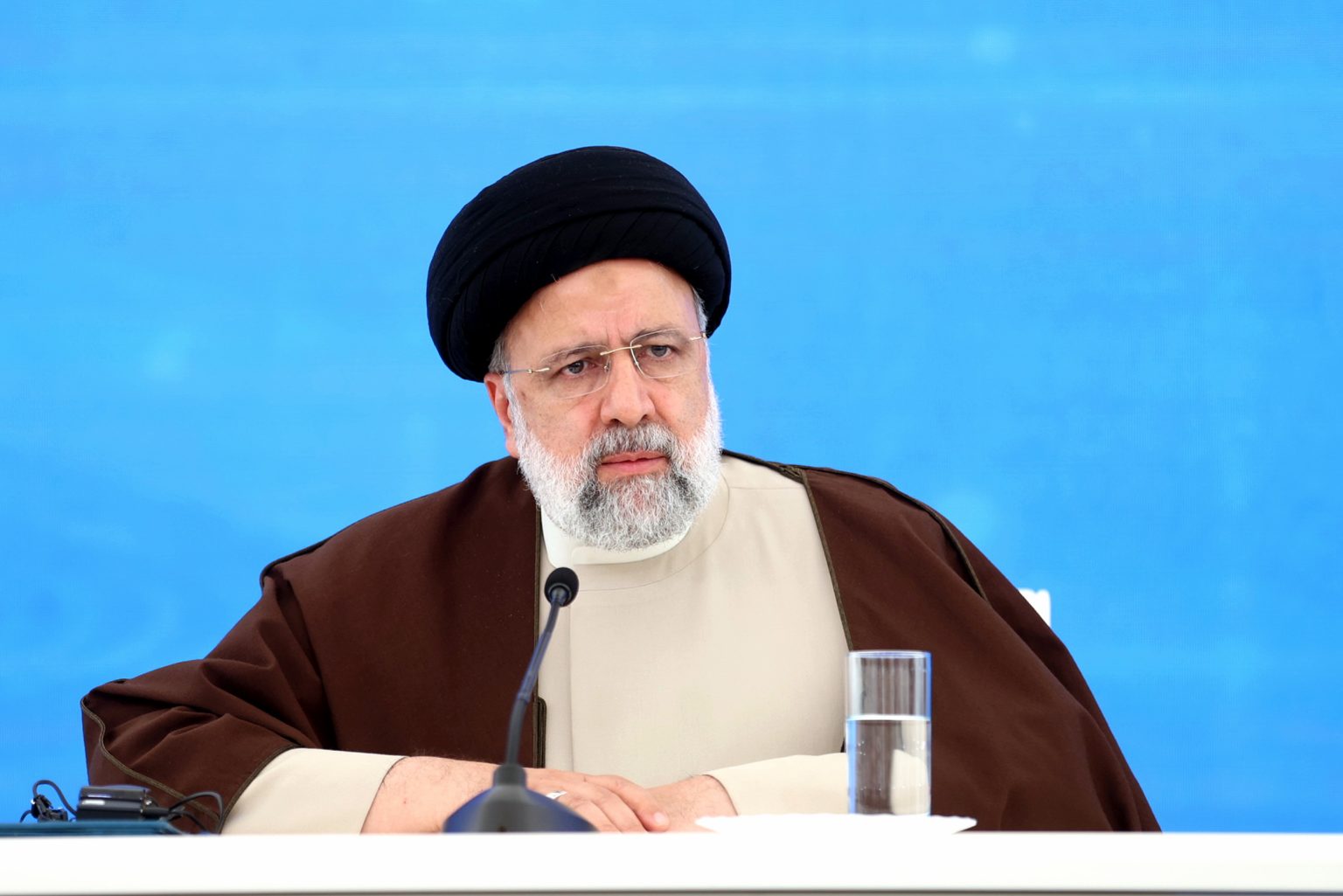The United Nations faced backlash on social media after lowering its flag outside its New York headquarters in honor of Ebrahim Raisi, the deceased Iranian president who was widely criticized for his involvement in the execution of thousands of political opponents in 1988. The move sparked outrage from Israeli officials, activists, and politicians, who labeled Raisi as the “Butcher of Tehran” due to the human rights abuses committed during his time in power. The U.N. decision to fly its flag at half-mast following Raisi’s death drew widespread condemnation, with many questioning the organization’s decision to honor a leader with a controversial and troubling human rights record.
Critics, including Israeli Ambassador Gilad Erdan and Canadian politician Goldie Ghamari, condemned the U.N.’s gesture as inappropriate and offensive. Calls to defund the organization and accusations of promoting terrorism were made, highlighting the anger and frustration expressed by those who saw the flag being lowered as a sign of respect for Raisi. The move was seen as contradictory to the U.N.’s commitment to human rights and its failure to acknowledge the victims of Raisi’s regime, particularly the political prisoners and protesters who suffered under his rule.
Ebrahim Raisi, who served as Iran’s president from 2021 until his untimely death in a helicopter crash, had a controversial tenure marked by allegations of election rigging and brutal suppression of dissent. His involvement in the violent crackdown on protests following the death of a young woman in police custody further tarnished his reputation. The U.N.’s decision to honor Raisi’s passing raised questions about its moral judgment and values, with many questioning the organization’s commitment to upholding human rights and promoting accountability for human rights abuses.
The U.N.’s autonomy, which allows the organization to operate independently on American soil without interference from U.S. authorities, has led to criticism regarding its decision-making process and lack of transparency. The lowering of the flag in honor of Raisi was seen as a controversial and misguided gesture that failed to acknowledge the suffering of those affected by his actions. The backlash on social media highlighted the strong sentiments expressed by individuals and groups who felt that the U.N.’s tribute to Raisi was inappropriate and offensive, given his tainted legacy and human rights abuses.
As the controversy surrounding the U.N.’s decision continued to escalate, calls for accountability and transparency were made, urging the organization to reconsider its actions and address the concerns raised by critics. The flag-lowering incident served as a flashpoint for debate on human rights, political accountability, and the role of international organizations in upholding global standards of justice and morality. The backlash against the U.N.’s tribute to Ebrahim Raisi underscored the complexities and challenges faced by the organization in navigating political sensitivities and maintaining credibility in the eyes of the international community.
The legacy of Ebrahim Raisi, the “Butcher of Tehran,” continues to cast a shadow over the U.N.’s decision to honor his passing, raising questions about the organization’s commitment to human rights and its ability to serve as a beacon of justice and accountability on the global stage. The incident served as a stark reminder of the controversies and complexities surrounding international diplomacy and the delicate balance between political considerations and moral imperatives. The U.N.’s flag-lowering gesture for Raisi sparked a heated debate on social media and beyond, highlighting the divergent views and perspectives on human rights, justice, and the role of international organizations in addressing human rights abuses and promoting accountability for violations.


